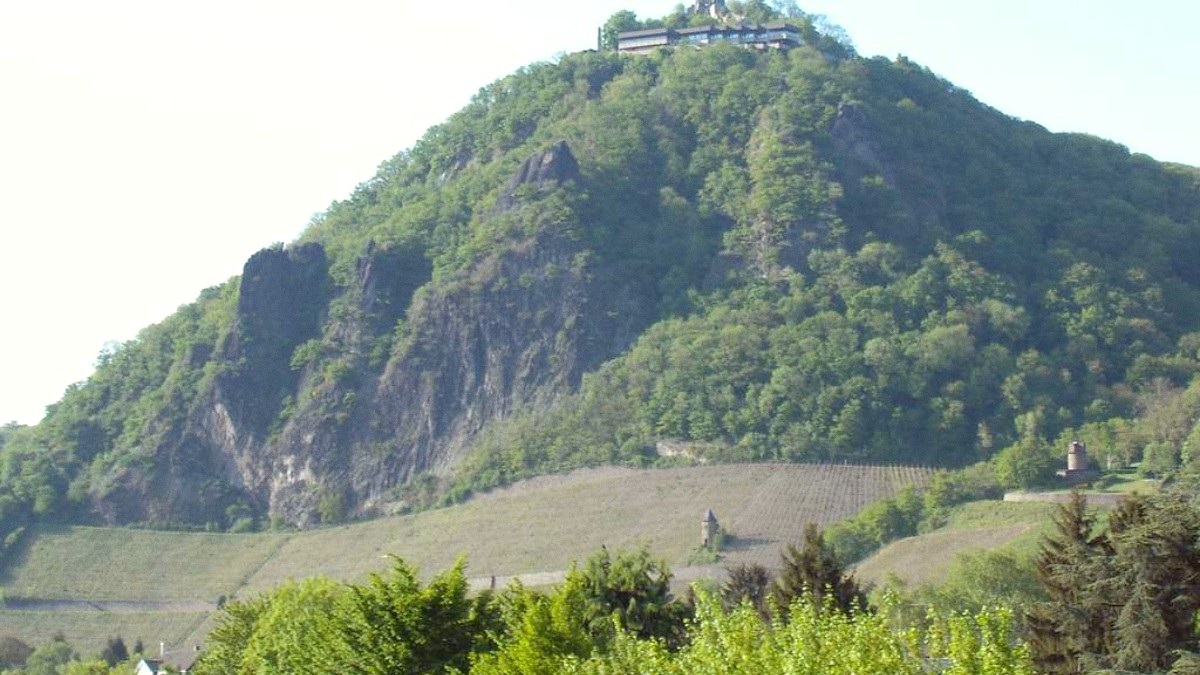
North Rhine Westphalia, Germany
Spring (March to May) brings mild temperatures to Bonn, generally 5°C to 15°C (41°F-59°F). The weather can change, with sunny days and periods of moderate rainfall. As spring progresses, the city awakens with blooming flowers, visible in the cherry blossom streets. Humidity levels are comfortable.
Summer (June to August) is the warmest, with average temperatures between 15°C and 25°C (59°F-77°F). Temperatures can reach above 30°C (86°F). Humidity is higher, and thunderstorms are possible. Days are long, with ample daylight. The city often has outdoor events.
Autumn (September to November) has cool, crisp weather, with temperatures similar to spring, averaging 5°C to 15°C (41°F-59°F). Rainfall increases in November, but September and early October often have pleasant, dry days. Autumn foliage makes a beautiful landscape. This season is comfortable for walks and outdoor activities.
Bonn does not experience monsoons or hurricanes. Extreme temperatures are rare. However, summer heatwaves can occur, with temperatures rising above 30°C (86°F), making hydration important.
In winter, cold snaps with significant snowfall and icy conditions are possible, needing warm clothing and careful movement. Check local weather forecasts for daily conditions.
June to August
Warm weather, long daylight hours, many outdoor events and festivals (Rhein in Flammen, Beethovenfest planning). All attractions operate with full hours.
Higher prices for flights and accommodation. Crowds are larger. Advance booking is advisable.
April to May, Sept to Oct
Pleasant temperatures for outdoor activities. Fewer crowds than high season. Prices for accommodation and flights often lower. Spring blooms and autumn foliage.
Weather less predictable, with sudden rain. Some outdoor attractions might have reduced hours early or late in these seasons.
November to March
Lower prices for flights and accommodation. Fewer tourists. December Christmas markets. A local feel.
Cold weather and shorter daylight hours. Some outdoor attractions might be closed or have limited operating times. Snow and ice can impact travel.
Late spring to early autumn (April to October) for hiking in the Siebengebirge, cycling along the Rhine, and river cruises. The weather is generally fine for outdoor pursuits.
Cherry blossoms on Heerstraße bloom for a short time, typically late March to mid-April. This event draws many visitors. Bonn's Christmas markets run from late November until December 23rd, offering a festive atmosphere. Museum visits are year-round, with fewer crowds in low season for a more intimate experience.
April to October for favorable weather.
Late March to mid-April, variable each year.
Late November until December 23rd.
Year-round, with fewer crowds in low season.
Spring and autumn for colorful natural backdrops.
Germany is a member of the Schengen Area, which simplifies travel for many visitors.
Germany's participation in the Schengen Area means visa rules are consistent across 27 European countries.
Confirm you have all necessary documents for entry into Germany.
Germany does not have general entry fees for tourists. Upon arrival at the airport or land border, you will go through immigration control. Present your passport and visa (if applicable). Officers may ask about your visit's purpose, length of stay, and accommodation. Answer truthfully. The process is quick with proper documents.
Generally, no special permits for typical tourist activities in Bonn. For drone flying or large public events, local regulations may need checking. Standard sightseeing, dining, and exploration do not need special permits.
Passport, visa (if needed), and supporting documents at hand.
Respond to questions from border officers honestly and calmly.
Tourism in Germany does not involve specific entry fees.
For non-standard activities, verify local rules.
No specific health certificates required for entry.
Bonn has options for various budgets, from frugal to luxurious.
The official currency in Germany, and thus in Bonn, is the Euro (€).
Tipping (Trinkgeld) is customary in Germany but not mandatory. It acknowledges good service.
Here are typical costs for individual items.
Buy groceries from local supermarkets. Visit free attractions like parks and the Haus der Geschichte. Walk or cycle often.
Bonn is a safe city, but being aware of common concerns and emergency procedures is advisable.
Confirm Measles, Mumps, Rubella (MMR), Diphtheria, Tetanus, Pertussis, Polio, Chickenpox, and seasonal Flu are up-to-date.
Hepatitis A and B for rural/forested areas. Rabies if working with animals or extended rural stays. Consult a doctor 4-6 weeks before travel.
Seasonal allergies (spring/summer pollen) – pack Non-drowsy allergy medication. Cold/flu in winter; practice good hand hygiene. Tick-borne diseases (TBE, Lyme) in wooded areas spring-autumn. Wear long clothing, use Insect repellent with DEET, check for ticks.
Germany has a high-quality healthcare system.
European Health Insurance Card (EHIC): EU citizens should carry their EHIC for state-provided healthcare at local cost.
Travel Insurance: Highly suggested for all travelers, especially non-EU citizens. It should cover medical emergencies, hospitalization, and medical evacuation. This protects against unexpected costs.
Pharmacies (Apotheke): Marked by a red "A" or green cross. Pharmacists offer advice for minor ailments. Emergency Rooms (Notaufnahme): For urgent care at hospitals. Dial 112 for severe emergencies. Drinking Water: Tap water in Bonn is safe to drink. Bring a Reusable water bottle to refill. Food Hygiene: Germany has strict food safety. Eating out is generally safe.
Most visits occur without incident.
Pickpocketing can occur in crowded tourist spots, public transport, and markets (Christmas Market, Pützchens Markt). Remain aware of belongings, keep valuables secure, avoid displaying large amounts of cash. Use a Compact daypack for excursions.
Exercise caution at night, as in any city. Avoid dimly lit or isolated areas, specifically if alone. City center and tourist areas are usually well-lit and active.
Bonn faces minimal natural disaster risks.
Keeping safe is simple with these considerations.
Monitor local news and weather for any updates.
Use a Money belt or hidden pouch for cash and important documents.
Store emergency contacts and travel insurance details on your phone and as a physical copy.